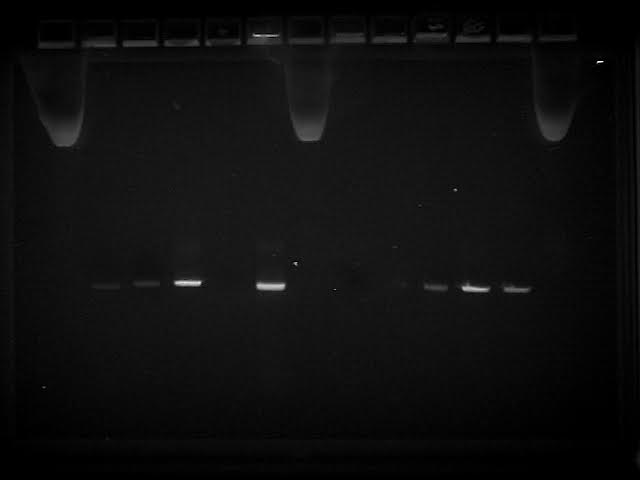B. Cereus Cudmore-Lewis
Classification
Domain; Phylum; Class; Order; family [Others may be used. Use NCBI link to find]
Species
|
NCBI: Taxonomy |
Genus species
Habitat Information
Describe the location and conditions under which the organism was isolated. Location:Lat:30.002092 Long:-97.883009 Description: New housing development, empty lot Precipitation:Not within 48 hours Temperature:70, few clouds Depth: 1.25 inches Visibility: 10 miles Humidity: 59% Wind: S 10 mph Sea Level: 1011.8 Date & Time: September 8, 2016, 18:53
Description and Significance
Describe the appearance (colonial and cellular), possible antimicrobial activity etc. of the organism, and why the organism might be significant.
Description: Color- Yellow Form: Circular Margin: Entire Consistency: Semi-mucoid Texture: Smooth Elevation: Raised
Antimicrobial Activity: None Antibiotic Resistance: Nafcillin
Genome Structure
Describe the size and content of the genome. How many chromosomes? Circular or linear? Other interesting features? What is known about its sequence? Include S Ribosomal sequence that you obtained from PCR and sequencing here.
Cell Structure, Metabolism and Life Cycle
Interesting features of cell structure; how it gains energy; what important molecules it produces.
Physiology and Pathogenesis
Biochemical characteristics, enzymes made, other characteristics that may be used to identify the organism; contributions to environment (if any).
If relevant, how does this organism cause disease? Human, animal, plant hosts? Virulence factors, as well as patient symptoms.
References
[Sample reference]
Author
Page authored by Carley Cudmore and Jennifer Lewis, students of Prof. Kristine Hollingsworth at Austin Community College.

